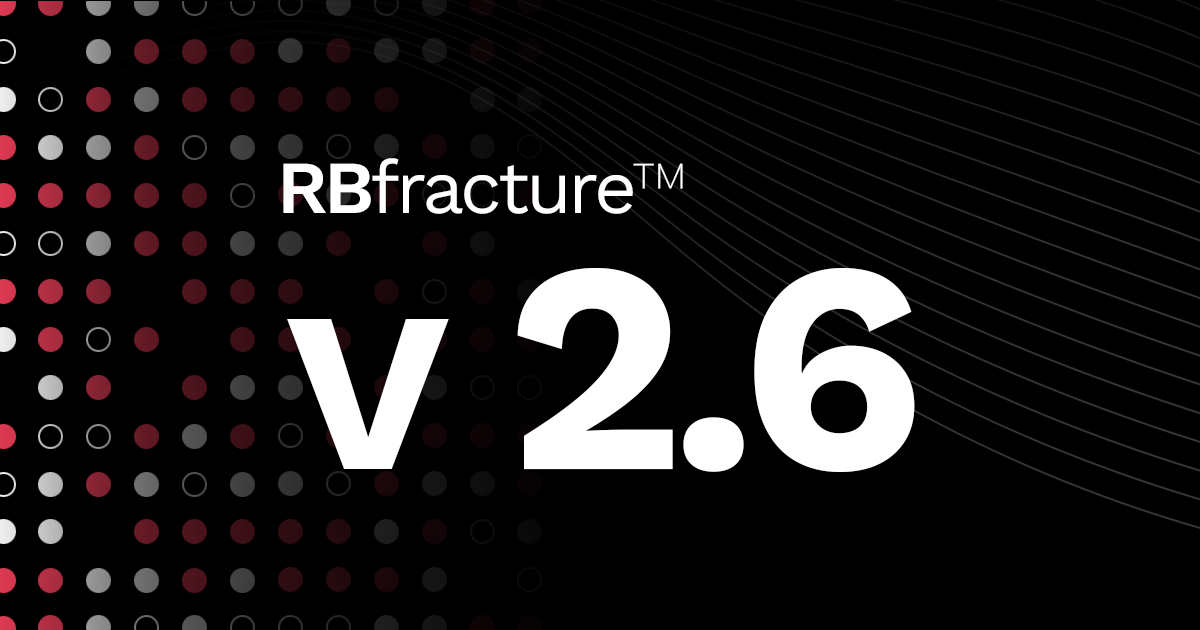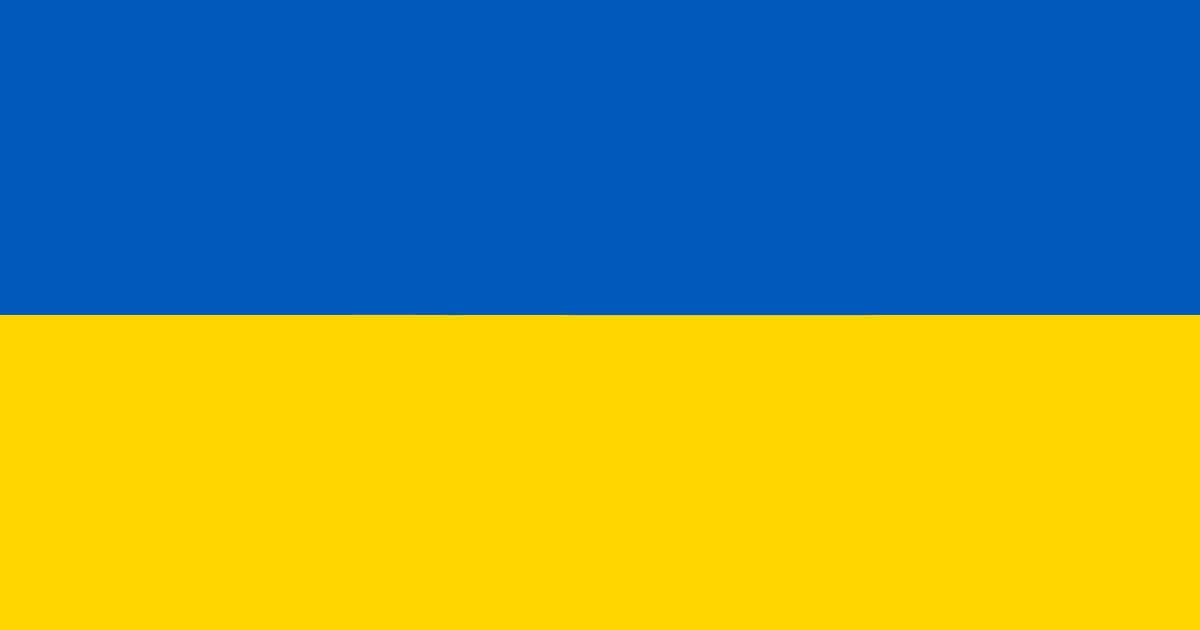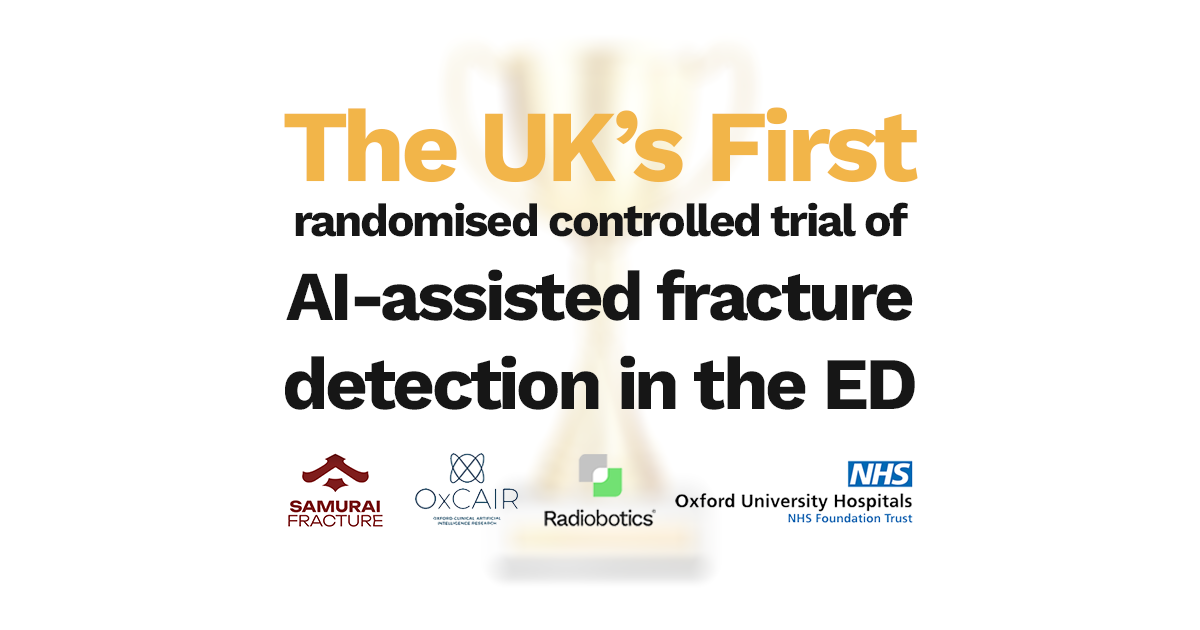February 17, 2025 — Tiel, Netherlands — The AI For Imaging (AIFI) pilot project is officially launched. The AIFI project focuses on making artificial intelligence (AI) software for medical diagnostics accessible with the aim of reducing the workload for healthcare professionals and specialists via a shared national infrastructure.
The pilot involves a collaboration between five Dutch hospitals, the Dutch Association for Radiology (NVvR), and VZVZ, and is made financially possible by Healthcare Insurers Netherlands.
“The goal is to make AI software available to Dutch hospitals in a safe, efficient, and scalable way,”
“We are at the beginning of a learning process,” Van der Lugt explains. “The goal is to investigate whether AI algorithms can be made available in a safe and standardized way. The fact that five hospitals are now live is a huge achievement that we have all worked very hard on.”
“We have been working towards this for a long time. There is certainly a moment of pride and eureka,” says Kessels, “because every hospital would like to apply AI, but not every hospital knows how. The unique thing about the AIFI project is that hospitals can look to it for help.”
AIFI establishes an important milestone in healthcare
“We have consciously chosen different types of hospitals, from academic centers to regional hospitals. And, of course, each has different IT systems. This showcases the strength of the AIFI project, that we can do this together, and that hospitals do not have to individually reinvent the wheel,” says Van der Lugt.
“Previously, pilots and research with AI were mainly conducted in academic centers. But even small and medium-sized hospitals have large patient numbers. AIFI recognizes the need to provide AI support to different-sized hospitals, and something very nice about this project is that different-sized hospitals are included equally.”
The pilot focuses on three AI-enabled applications: Fracture detection, identification of incidental pulmonary embolisms, and assessment of skeletal age.
“As a doctor, you have to make a lot of difficult decisions during the work day. If you are supported by AI, you can do this more efficiently and with more certainty. This also results in greater job satisfaction,”
The strength of AIFI lies in unlocking AI through a national infrastructure
“Patient data is encrypted,” explains Hanh-Phuc Tran. “That is something people were afraid of, that data would soon be traceable. But the real patient data remains within the hospital.”
The first results of the pilot show that AIFI’s strength lies in unlocking AI through a national infrastructure.
“If we had had to do this on our own, it would have been a long-term process. You don’t want to know how much work went into it! Now we have figured it out all together,” Huttinga explains.
An approach like AIFI means that hospitals no longer have to independently sort out the legal, technical, and organizational aspects, which makes the AI adoption more accessible for hospitals.
The future
Although it is still early to draw firm conclusions, the pilot offers important insights. For example, it is currently being investigated whether the implementation of this pilot paves the way for a further rollout of AI to hospitals in the Netherlands.
“We are now learning what works and what can be improved,” says Van der Lugt. “The experiences from the project will hopefully lead to broader adoption of AI in healthcare.”
About AIFI
Media contact
Dafne Groener
PMO, AIFI



